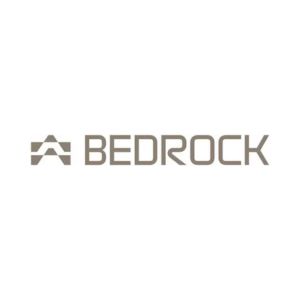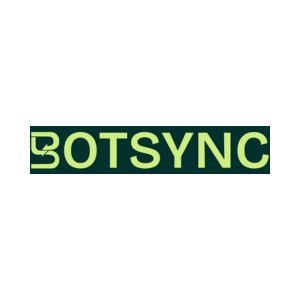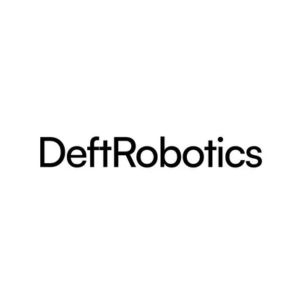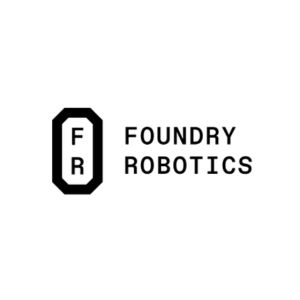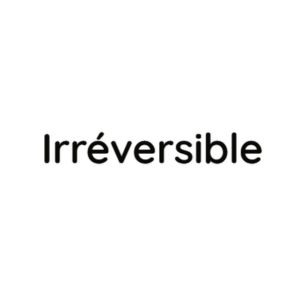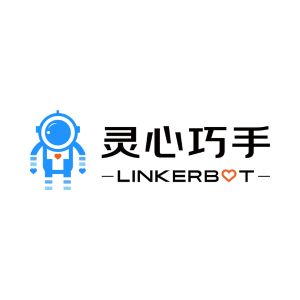Startups & Business News
Cohere North: Next-Gen Private AI for Secure Enterprise Workflows
KEY POINTS
Cohere launches North, a security-first enterprise AI platform, enabling full private deployment across on-prem, VPC, and air-gapped infrastructure.
The platform outperforms Microsoft Copilot and Google Vertex in RAG accuracy for key enterprise use cases.
Major pilots include RBC, Dell, LG CNS, Ensemble Health Partners, and Palantir; strategic partnership announced with Bell Canada.
Cohere’s annualized revenue jumps to $100M+ in 2025, powered by a $500M Series D round and a business-exclusive approach.

What Sets Cohere’s North Platform Apart from the Rest?
How Does North Perform Against Industry Giants?
Why Does Private Enterprise AI Matter in 2025?
What’s Next for Cohere and the North Platform?

futureTEKnow
Editorial Team
futureTEKnow is a leading source for Technology, Startups, and Business News, spotlighting the most innovative companies and breakthrough trends in emerging tech sectors like Artificial Intelligence (AI), Robotics, and the Space Industry.
Discover the companies and startups shaping tomorrow — explore the future of technology today.
Most Popular
Trending Companies
Latest Articles

AI-Driven Logistics & Distribution Transformation: From Insight to Scalable Impact
AI is redefining logistics transformation—from network design to real-time execution. This article explores how data-driven insight, intelligent automation, and scalable

Hai Robotics Hong Kong IPO: From Startup Funding to Warehouse Robot Leader
Shenzhen’s Hai Robotics, pioneer in ACR warehouse robots, files for HK IPO after raising over $500M in funding rounds led

AI-Enabled Process Engineering & Continuous Improvement: Designing Systems That Learn
Explore how AI transforms process engineering and continuous improvement into self-learning systems. This article explains how organizations can design operations
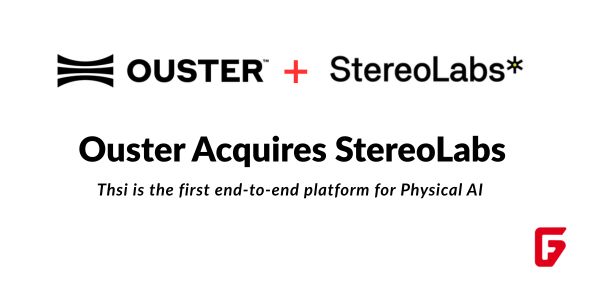
Ouster Acquires StereoLabs: Unified Physical AI Sensing Platform Launches
Ouster’s $35M StereoLabs acquisition fuses lidar and ZED cameras into end-to-end Physical AI sensing. Founders Cecile Schmollgruber and team drive
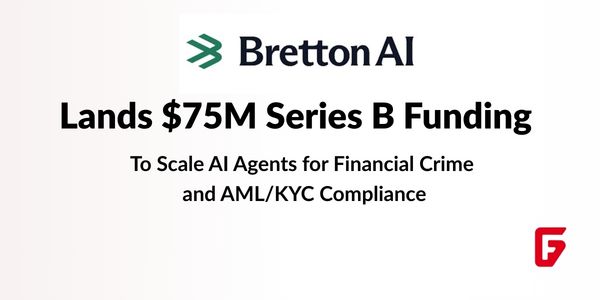
Bretton AI Lands $75M Series B Funding to Scale AI Agents for Financial Crime and AML/KYC Compliance
Bretton AI’s $75M Series B modernizes AML KYC compliance via AI agents, slashing staffing costs for banks and fintechs like

Axiom Space Raises $350M to Build Commercial Space Station and NASA Spacesuits
Axiom Space has locked in a fresh $350M raise to push its commercial space station and NASA lunar spacesuits toward
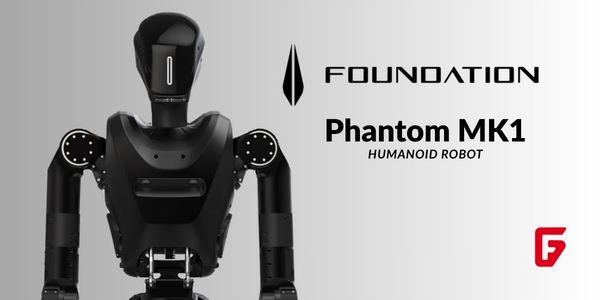
Foundation Humanoid Robot: Phantom MK1 Overview, Military Plans, and Factory Deployments
Foundation’s Phantom MK1 humanoid robot hits factories and eyes military use. Check specs, pilots, and bold 50k goal by 2027.
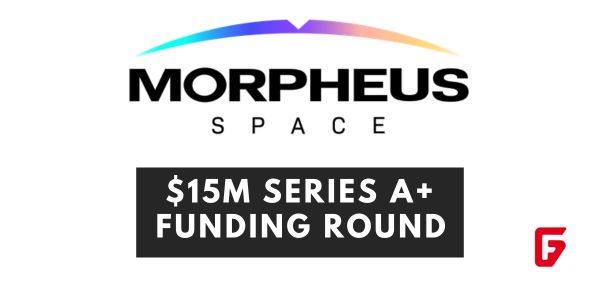
Morpheus Space Raises $15M for GO-2 Electric Propulsion Mass Production
Morpheus Space secures $15M funding for GO-2 electric propulsion mass production. Learn how this boosts satellite mobility with efficient thrusters.

Designing Warehouse Automation Through Operating Strategy
Discover how leading companies design warehouse automation through integrated operating strategies. Learn how AI, robotics, and adaptability drive efficiency and
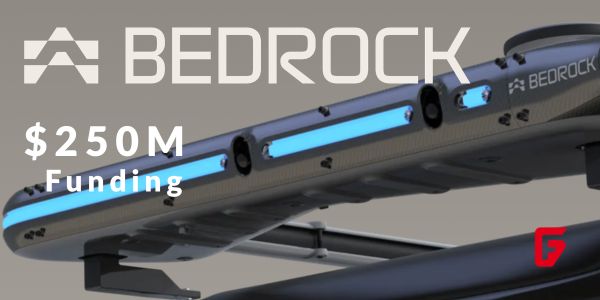
Bedrock Robotics Raises $270M Series B: Autonomy for Construction Boom
Exciting news: Bedrock Robotics just scored $270M in Series B to power up autonomous machines on job sites. Led by

Applied EV secures $30.7M to scale Blanc Robot autonomous delivery EVs for logistics, mining and last‑mile freight
Discover how Applied EV’s $30.7M NRF investment boosts Blanc Robot EVs for tough jobs in mining and logistics. Founders reveal

Stoke Space Secures $860M in Extended Series D Funding for Reusable Nova Rockets
Stoke Space extended its Series D funding to $860 million, fueling Nova’s full-reuse rocket production at Cape Canaveral. Backed by
futureTEKnow is focused on identifying and promoting creators, disruptors and innovators, and serving as a vital resource for those interested in the latest advancements in technology.
© 2026 All Rights Reserved.
![Discover the top 10 AI companies in Germany [1st Edition], revolutionizing industries with cutting-edge technology and innovations.](https://futureteknow.com/wp-content/uploads/2025/02/Top-10-AI-Companies-in-Germany-Leading-the-Tech-Revolution-futureTEKnow.jpg)


